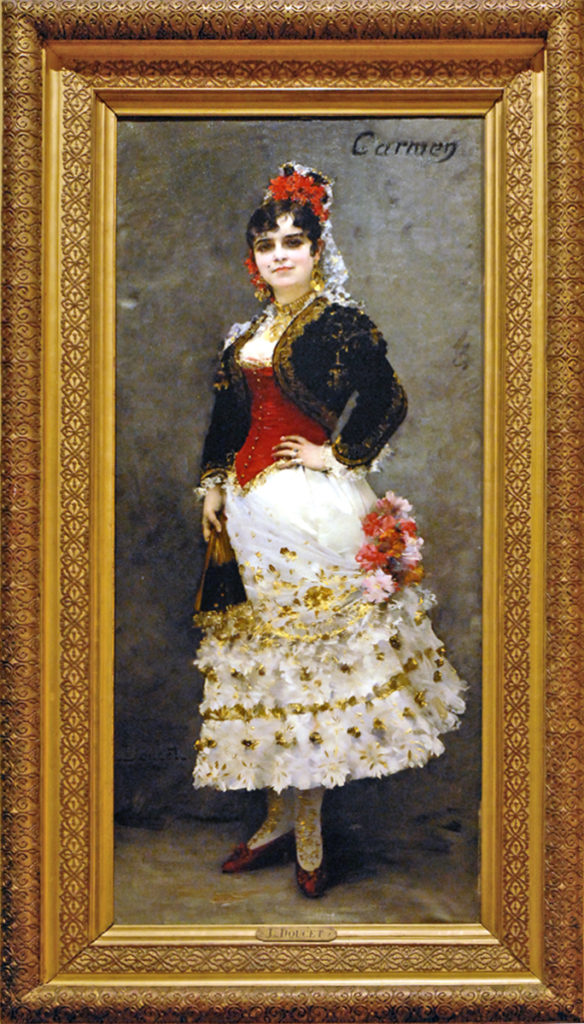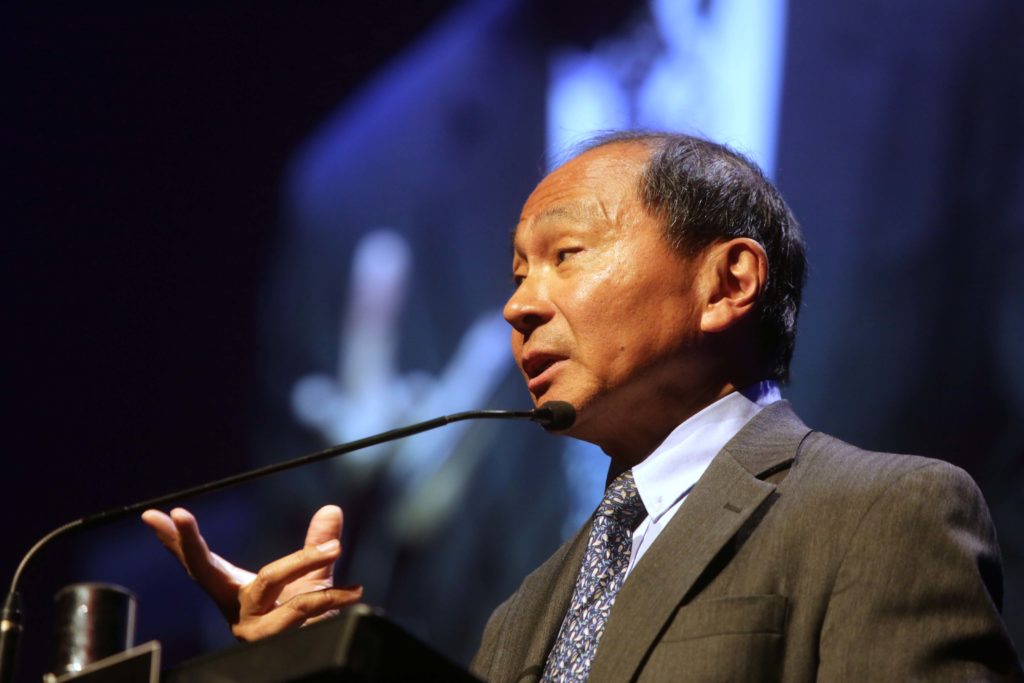
Rachel Dolezal, Credit 93.1 WZAK
Driven to Blackface?
by Ilana Mercer
Nkechi Diallo was recently charged with welfare fraud in Spokane, Washington State. Back in 2015, Diallo was better known as Rachel Dolezal. She has since rechristened herself. Rachel Dolezal, if you’re from Deep Space, is the lily-white woman who, in 2015, dared to “identify” as a black woman.
The “Racism Industrial Complex” is populated with frauds, shysters, imposters, phonies and morons; black, white and 50 shades of gray. Ms. Dolezal had been posing as all of these, teaching Africana Studies at the Bush college of Eastern Washington University. Our American Idiocracy confers the respect and the authority of a pedagogue on many like her, allowing them to spread the disease to college kids and beyond. So, why not Rachel?
Why, the Age of the Idiot sees killers exculpated, just because they kill. As the faulty reasoning goes, if an individual has murdered, raped, robbed or defrauded—then he or she must have been abused, neglected, racially oppressed (if black or brown); not wealthy enough, mentally ill, lacking in self-esteem. Anything but plain bad, slothful, sociopathic or parasitical. The more aberrant the crime; the more thrill-seeking, vulgar, immoral or wicked the conduct—the more elaborate, fanciful and scientifically baseless the excuse-making. Continue reading


















Victorian Values
Oscar Wilde
Victorian Values
by Bill Hartley
In May of this year the Guardian featured a story about feminist author Naomi Wolf who had recently published a book called Outrages. The book has been described as ‘the dramatic, buried history of how nineteenth century laws gave the state new powers to criminalise love between men….’ The story quoted Ms Wolf telling the Observer ‘People widely believed that the last executions for sodomy were in 1830 but I read every Old Bailey record throughout the nineteenth century, so I know not only did they continue but they got worse’. One can only imagine Ms Wolf’s discomfiture when on the Radio 3 Arts and Ideas programme writer and broadcaster Matthew Sweet drew her attention to the meaning of the very precise historical legal term ‘death recorded’. It wasn’t evidence of an execution; in fact, it indicated the opposite. Mr Sweet added that there was no evidence of the Victorians executing anyone for sodomy.
It seems that in our present Age of Offence some people are prepared to believe anything about those awful Victorians especially when it buttresses contemporary beliefs and prejudices; consequently it wouldn’t be difficult to imagine a modern reader uncritically accepting accounts of judicial slaughter in the Victorian era. Fortunately, Ms Wolf says she has alerted her publishers and so the Victorians have had that charge against them dropped. Continue reading →
Share this:
Like this: